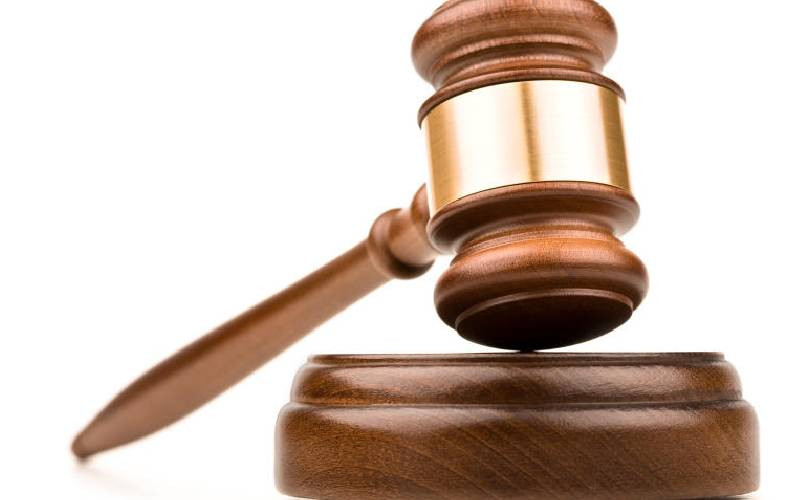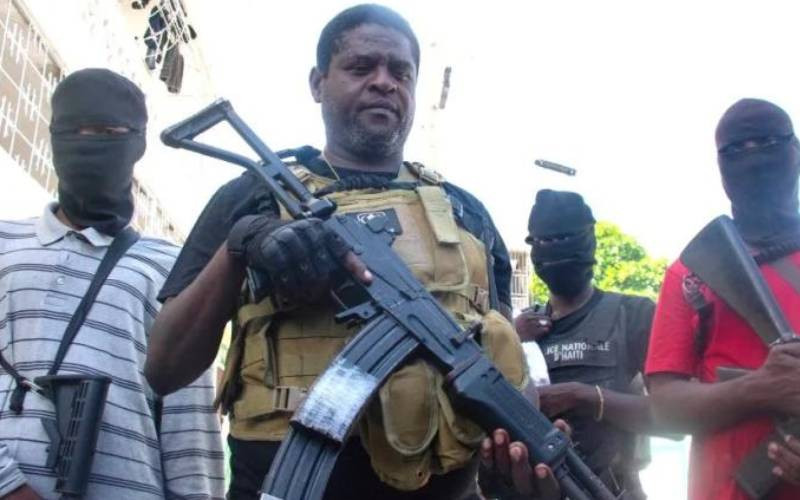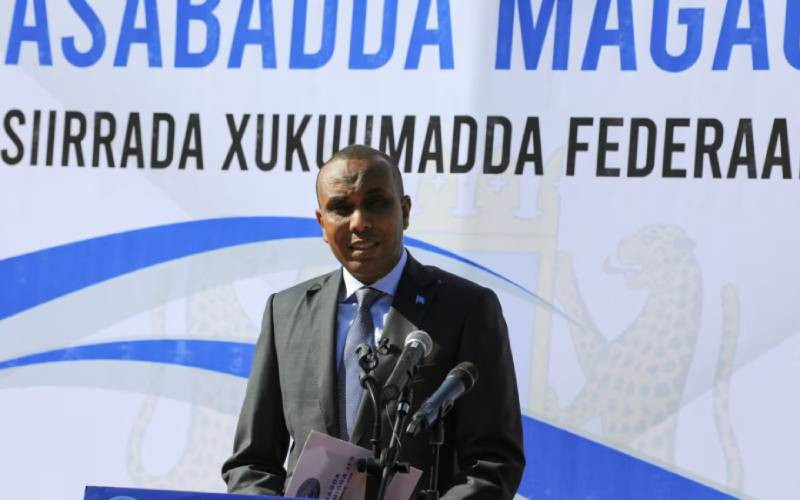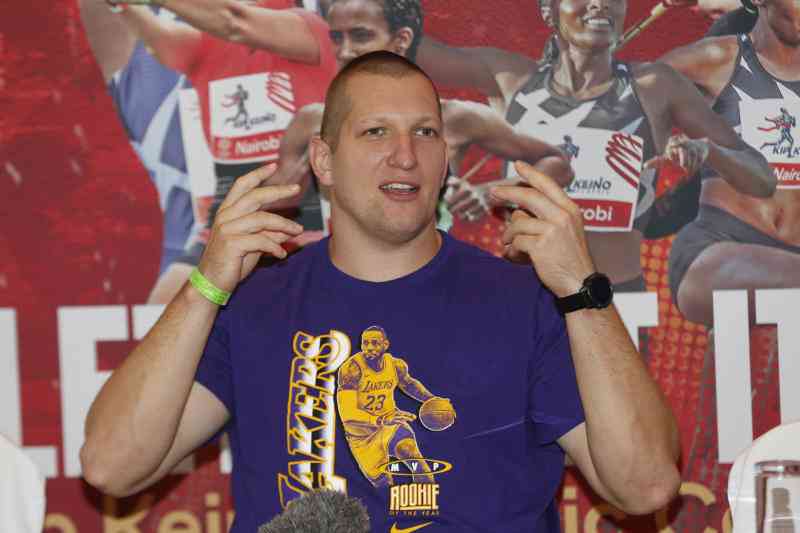By Arun Mohan Sukumar
If only the French had backed an African-led resolution to the conflict, their soldiers wouldn’t be waging war on the ground today.
French jets are zipping past northern Mali, bombing the region and with it, a participatory framework that had thus far allowed African states to troubleshoot what is first and foremost a regional political crisis. France’s aerial assault and imminent deployment of ground troops is a volte face from its original plan to offer “logistical aid” to African peacekeepers in Mali. For all of French President François Hollande’s promises to treat Africa as a partner and friend, his government’s military intervention in the Sahel is proof that Françafrique is alive and well.
Central agenda
Its monopoly over the rapid deployment of military force allows France to sustain a relationship of dependency with the continent, at a time when governments in North, West and Central Africa are struggling to control armed rebels.
In the last few months, the UN Security Council had placed Mali at the centre of its agenda, while co-opting the concerns and counsel of West African states along the way. Last year, the council adopted Resolutions 2056, 2071 and 2085 — each facilitating progressively tough measures — to tackle this conflict.
The UN’s efforts, which France has now upended, were aimed at bringing African stakeholders on board. In July 2012, the UNSC emphasised dialogue between various stakeholders in Mali, while acknowledging the sovereign authority of Mali’s interim government. The Economic Community of West African States (Ecowas) mediated this dialogue, often interacting with fringe elements such as Ansar Dine, the Tuareg Islamist group that has now coalesced with other Islamist outfits in northern Mali.
Preventive action
Negotiating and sustaining an agreement is feasible only if there is a mechanism to enforce its terms. The Ecowas and the African Union (AU) had therefore requested the Security Council’s blessings for an African-led stabilisation force in Mali. Where was France’s enthusiasm then to train or provide non-lethal support to this force?
No one is suggesting African forces can overrun the anti-government militias — after all, some in the latter’s ranks were trained by American troops — but France could have facilitated the adoption of preventive measures early on in the crisis’s timeline. No such support was forthcoming. In late 2012, the AU and Ecowas made repeated appeals to the council to help deploy the African-led International Support Mission to Mali (AFISMA). In pursuit of their endeavour, African states drew up a Strategic Concept for the Resolution of the Crises in Mali as well a Concept of Operations that dealt with logistics, intelligence gathering, and even issues of internal displacement and humanitarian aid. The Security Council considered this blueprint, along with the UN Secretary General’s ground report which highlighted the importance of a political settlement in Mali. As an important and responsible supra-regional actor, France could have helped bridge differences among Ecowas members and provide financial assistance as well as training to AFISMA at this stage, as the UNSC urged members to do. Then, Defence Minister Jean-Yves Le Drian advertised a hands-off approach, specifically suggesting France would not be directly involved in the intervention. Now, he is contemplating a troop deployment that could reach 2,500 in number.
The military intervention in Mali is France’s desperate attempt to rejuvenate its waning clout in the Sahel, an area that Paris considers to be within its “sphere of influence.” Mr. Hollande could have harvested the many chances that came his way to not only engage this crisis, but also promote African-led conflict resolution. France now bombs Mali knowing that its actions will be met with no resistance — and maybe even support — among other permanent members of the UN Security Council. African states, playing catch-up, need to support the intervention or struggle to stay relevant in this conflict. The collateral damage from all this remains the same: local or regional armed forces stay ill-equipped to tackle such crises without training or financial support; UN peacekeepers continue to play second fiddle as they are delegated to clean up the trail of destruction left in the wake of this assault; militarised alliances like NATO strengthen their grip as the world’s policemen. As in the past, the cure to Africa’s ungovernable malaises will come from foreign shores. Which is another way of saying that there will actually be no cure?
Civilian deaths
If anything, French intervention in Mali is likely to exacerbate regional conflict and strengthen the hands of extremists in the Maghreb. The Tuareg rebels have shown little inclination to surrender. With an increase in civilian casualties, public sentiment towards the already fragile Malian government could turn hostile, only to be cultivated by separatist elements in the northern provinces and extremists elsewhere. If NATO’s Libyan intervention spawned armed militants who have now joined their kinsmen in northern Mali, this assault too will have a ripple effect. A vicious cycle has been set in motion. It is no revelation that political violence in Africa comes at the cost of institution-building, without which many states are forced to rely on resource rents. Connect the dots between intervention in a conflict, the ensuing political instability, and the adoption of open door policies in commodity-driven economies, and it is clear who profits most from Africa’s wars. Vive la France, vive la Françafrique!.
The writer is at The Fletcher School, Tufts University in the United States of America This piece was first published by The Hindu . Dominic Odipo’s column returns next week.
Stay informed. Subscribe to our newsletter
 The Standard Group Plc is a
multi-media organization with investments in media platforms spanning newspaper
print operations, television, radio broadcasting, digital and online services. The
Standard Group is recognized as a leading multi-media house in Kenya with a key
influence in matters of national and international interest.
The Standard Group Plc is a
multi-media organization with investments in media platforms spanning newspaper
print operations, television, radio broadcasting, digital and online services. The
Standard Group is recognized as a leading multi-media house in Kenya with a key
influence in matters of national and international interest.
 The Standard Group Plc is a
multi-media organization with investments in media platforms spanning newspaper
print operations, television, radio broadcasting, digital and online services. The
Standard Group is recognized as a leading multi-media house in Kenya with a key
influence in matters of national and international interest.
The Standard Group Plc is a
multi-media organization with investments in media platforms spanning newspaper
print operations, television, radio broadcasting, digital and online services. The
Standard Group is recognized as a leading multi-media house in Kenya with a key
influence in matters of national and international interest.








